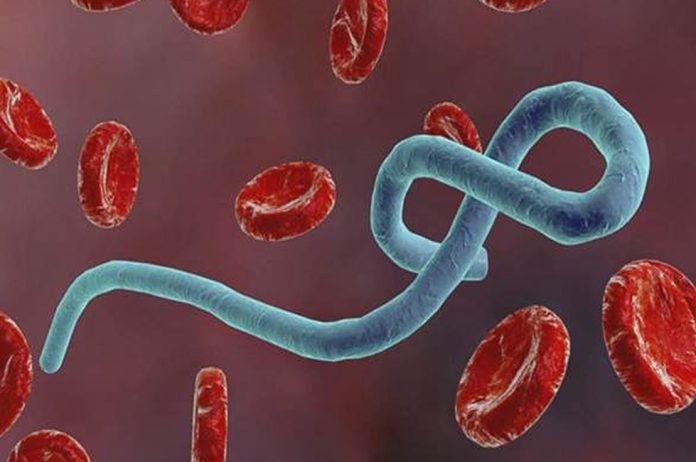Ebola is a highly contagious virus, which is very easily spread through body fluids such as mucus, saliva or blood. It displays itself with flu like symptoms, vomiting and bloody diarrhoea up to 10 days after contact with the virus. After 10-15 days, bleeding occurs through the mouth, nose and eyes. Some victims see blood seeping through the skin, which can result in painful blisters. The virus is usually transmitted via the urine of infected rats in situations of poor hygiene.
Who is at risk of Ebola fever?
Any person working in a medical situation in areas where Ebola fever has been reported is at risk. This includes Western Africa Zaire, Gabon and Uganda. Travellers to these areas should be aware of Government Travel advisories to such areas.
How can I prevent Ebola fever?
Do not venture to areas where Ebola is a risk. However anyone in an area where disease is spread due to poor hygiene, should take care with storing unused food in rat proof containers and ensure that accommodation is free from rats, mice, squirrels etc. by maintaining a suitable level of hygiene. You should also contact your General Practitioner immediately at the first sign of fever on returning from any trip.
Avoid direct contact with someone suffering from ebola. The disease is not air born however it is highly contagious through bodily fluids. Those suffering from ebola will bleed severely from orfaces and skin can rupture with touch.
Avoid eating deadly animals especially monkeys. Apes and monkeys are known carriers of the ebola virus and it can be caught by eating infected animals.
Wash your hands with soap after shaking someone’s hand or just Bonga! Don’t worry its widely considered polite
Avoid sharing clothes mainly with the strangers or someone suffering from ebola.
Cover your hands with gloves and make sure that your nose and mouth are properly protected before you touch on someone suffering from ebola. In the later stages of the disease, ebola will cause a host to convulse in an effort to spread blood to other hosts.
Ebola patients should be reported quickly and given treatment as soon as possible.
Someone killed by ebola should be buried quickly.



























